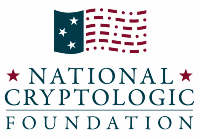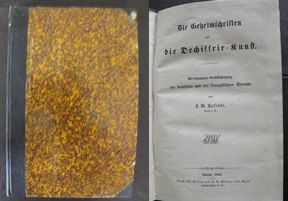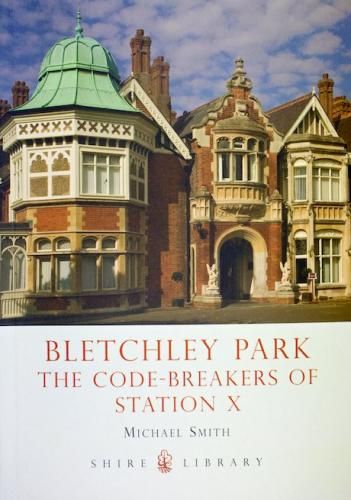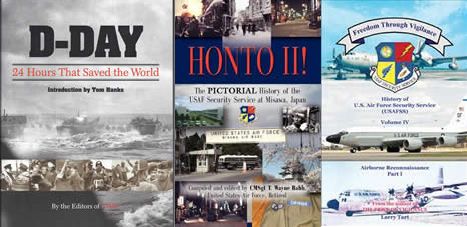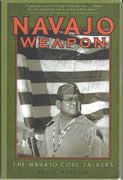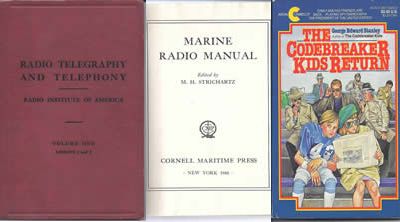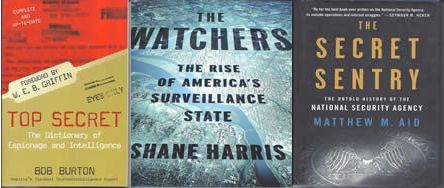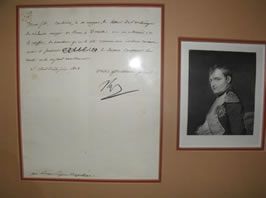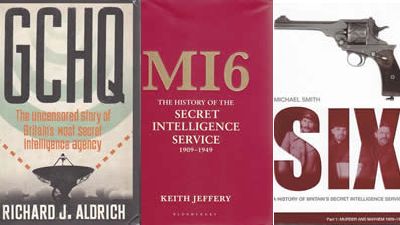The National Cryptologic Museum Library is now referred to as the Reading Room (exceptional spot for researchers) holds a unique collection and archives of unclassified and declassified books, documents, and memorabilia focusing on cryptology and cryptologic history. To find information about the collection, visit museum.nsa.gov and scroll down to click on "Museum Collection Database" - which is searchable online. Click here to search the collection online.
You can also learn more about the NCM's Library or Reading Room via a video recording of a 2022 CCH Update from the Museum.
The Museum Library is open to the public on Tuesday through Saturday. Please call ahead to ensure that a staff member will be present to assist you (301-688-2145). The library is non-circulating, but photocopying is permitted.
History of the Library
The National Cryptologic Museum has had a reference library since it opened in 1993. The library complements the exhibits and displays and encourages visitors to research various areas of cryptologic history. Over the years, the library has become an important resource to students, scholars, and those with an interest in reading about and researching this once secret world.
The Museum Library maintains an interactive database of the Museum's collection, including photos of its artifacts and the library's collection of unclassified and declassified books and documents relating to every aspect of cryptology. The books and records complement the museum exhibits and artifacts, but also offer unique and in-depth sources of information for researchers.
Some of the most sought after items in the library include declassified documents. The Museum Library holds all of the released VENONA documents as well as a subset of the oral histories taken by NSA's Center for Cryptologic History. The library also has a large collection of commercial codebooks. These codebooks were used by all manner of businesses to reduce the costs of cable communications and to provide a measure of security for trade secrets. Modern communications and encryption methods have made these books obsolete and they are mainly of historical interest.
NSA’s Special Research Histories (SRH) arose from a massive declassification effort in the 1970s and 1980s and provide documentation of NSA’s predecessor organizations in the U.S. Army and Navy’s cryptologic services. The SRH collection (available in its entirety at the National Archives in Record Group 457) consists of declassified reports dating predominantly to World War II but including material well into the Cold War. The library has begun digitizing the SRH collection to make it more accessible to researchers and currently has over 300 of the reports available at SRH Repository.
A few select, unclassified monographs are also available to the public from the Museum Library. They cover a wide range of cryptologic subjects from early American ciphers to the Vietnam War. Most of the monographs were written and published by NSA's Center for Cryptologic History. These monographs go into greater depth than the museum exhibits or museum pamphlets and help to provide a greater understanding of the events in which cryptology played a role in world history.
The collection nearly doubled by the gift of the leading historian of cryptology, David Kahn, author of The Codebreakers. The works range from the first printed book on cryptology, the 1518 Polygraphiae Libri Sex by the German mystic Johannes Trithemius, to Kahn's notes of his interviews with modern cryptologists. Learn more about Kahn's donations via the NCF Special Acquisitions page.
In June 2010, the library received another gift of the archives of the late John Byrne who invented what he called "Chaocipher" in 1918. Among these papers are an enciphered excerpt from a speech by General Douglas MacArthur, Chaocipher - The Ultimate Elusion, worksheets for Chaocipher Exhibit 2, blueprints of the Chaocipher, Preliminary Instructions for Chaocipher II (a computerized version of the Chaocipher developed by Byrne's son John Jr.), correspondence between Byrne and the RD Development Company, and letters from Byrne to U.S. Navy Capt. J.M. Irish and Greg Mellen.
Learn more about the Library via the Museum website.
